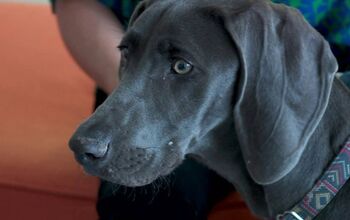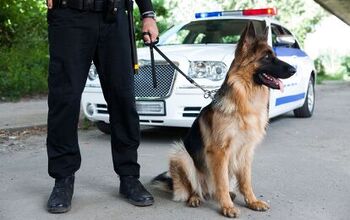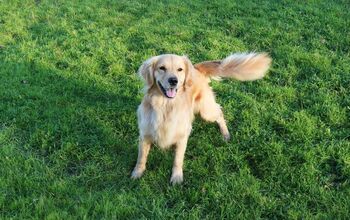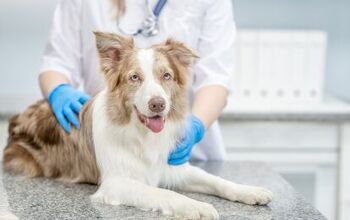What Happens if a Dog Eats a Cicada?

As naturally inquisitive animals, dogs will often explore the world around them with their noses and mouths. However, this curiosity will sometimes lead them to all sorts of trouble, as they can eat things that might not be a typical part of their diet. In fact, they can munch on things that are not even edible! For example, those noisy, flying insects that emerge periodically, called cicadas, can become a tasty target for curious dogs. But what would happen if a dog would eat one of these insects? Here is all you should know.
What Happens if a Dog Eats a Cicada?
Cicadas are large, winged insects that appear in large numbers, and are known for their distinct sounds. Of course, they are not inherently harmful to pooches, but there are still some things to keep in mind if your pet happens to snack on one.
Well, the most important thing to know is that cicadas are not toxic to dogs. Unlike some insects that carry venom or other harmful substances, cicadas are generally seen as harmless. But even so, the ingestion of these insects can still lead to some minor health issues, mostly related to their physical characteristics and the digestive system of a dog. Here’s what could go amiss if your pooch swallows one of these weird little bugs:
Upset Tummy
After this unusual “snack”, your pet could end up with a mild case of digestive upset, especially if they already have a sensitive stomach to begin with. The insect’s exoskeleton, being hard and crunchy, is not so easy to digest. As a result, your pooch could experience mild gastrointestinal symptoms, such as diarrhea or vomiting. Still, they are short-lived and should disappear on their own. If your dog experiences gastrointestinal upset, consider giving them a canine probiotic that could restore their gut flora and help them feel like their old selves in no time.
Choking Hazard
Similarly, the hard parts of a cicada, including the wings and the exoskeleton, are quite hard to swallow and can be a choking hazard. This is especially true for small dogs or those who are prone to quickly gulp food. If you notice signs of choking, you will need to perform a Heimlich maneuver.
Intestinal Blockage
In rare cases, if a dog eats a cicada, it could lead to intestinal blockage. This is a more serious condition and requires immediate veterinary attention. Symptoms of intestinal blockage include persistent vomiting, lethargy, abdominal pain, and lack of appetite. If you spot any of these symptoms, seek immediate vet care.
Ingestion of Pesticides and Harmful Chemicals
Cicadas are often sprayed with pesticides and toxic materials, in order to be eliminated. Some, if consumed, can be transferred to your dog. Because of this, it is always good to be cautious where your dog is and where they could have consumed a cicada. Large fields that are cultivated are more commonly sprayed. In case you suspect your dog could be exposed to toxins, call a vet for further guidance – having a first aid kit on hand is also a good idea for cases such as these.
If your dog eats a cicada, it is important to keep an eye on them and watch for any signs of digestive upset, choking, or discomfort. Most dogs will show no severe symptoms, but it’s good to be vigilant. Also, ensure your dog has access to fresh water. This can help with any minor digestive issues and keep them hydrated. As always, if you have any concerns about your dog’s health, it’s best to seek advice from a veterinary professional.

A proud mama to seven dogs and ten cats, Angela spends her days writing for her fellow pet parents and pampering her furballs, all of whom are rescues. When she's not gushing over her adorable cats or playing with her dogs, she can be found curled up with a good fantasy book.
More by Angela Vuckovic

























